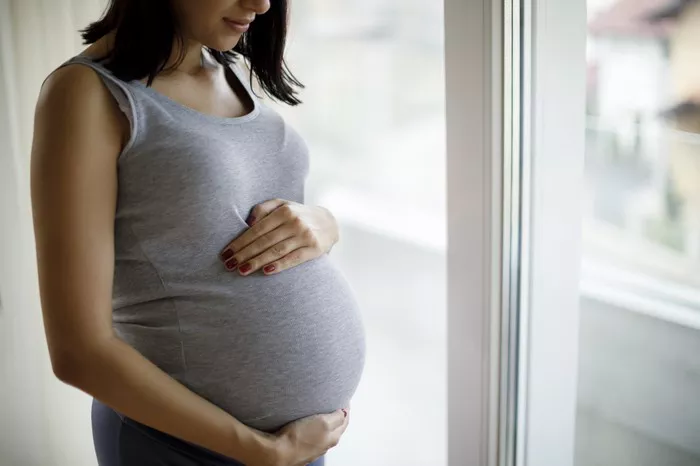Fertility, the biological ability to conceive, is a topic of significant interest and concern for many individuals and couples. Understanding the factors that influence fertility and the optimal age for conception can be crucial for those planning to start a family or manage their reproductive health effectively. In this comprehensive guide, we delve into the various aspects of fertility, exploring the chances of getting pregnant, how fertility changes with age, and whether it’s possible to enhance fertility at any stage of life.
What are the chances of getting pregnant?
The chances of getting pregnant vary depending on several factors, including age, reproductive health, and timing of intercourse. On average, for couples in their 20s with no known fertility issues, the probability of conception within a given menstrual cycle is around 25% to 30%. This means that in any given month, a sexually active couple in their 20s has approximately a one in four to one in three chance of conceiving.
However, fertility declines with age, particularly after the age of 35. For women over 35, the likelihood of getting pregnant within a single menstrual cycle decreases to around 15-20%. This decrease is primarily due to a decline in the quality and quantity of eggs, as well as changes in hormonal levels that affect ovulation.
Fertility by age
Age is one of the most significant factors influencing fertility in both men and women. In women, fertility begins to decline gradually in the late 20s and more significantly after the age of 35. This decline is primarily attributed to age-related changes in ovarian function, including a decrease in the number of ovarian follicles and a decline in egg quality.
For men, although sperm production continues throughout life, there is evidence to suggest that sperm quality may decline with age. Advanced paternal age has been associated with an increased risk of genetic abnormalities in offspring and may also affect fertility to some extent.
When can a woman not get pregnant?
While fertility declines with age, it’s essential to note that women are not completely infertile until menopause. Menopause typically occurs between the ages of 45 and 55, marking the end of a woman’s reproductive years. However, fertility begins to decline significantly in the years leading up to menopause, with the perimenopausal period characterized by irregular menstrual cycles and decreased fertility.
Once a woman reaches menopause and stops ovulating altogether, natural conception becomes impossible. However, it’s worth noting that assisted reproductive technologies, such as in vitro fertilization (IVF) using donor eggs, may still allow some women to conceive even after menopause.
When does fertility decline?
Fertility decline begins earlier than many people realize. While women are born with a finite number of eggs, this reserve declines over time. By the time a woman reaches puberty, she has already lost a significant portion of her egg supply. From there, the decline continues steadily, with a more pronounced decrease in fertility after the age of 35.
In addition to age-related declines in egg quantity and quality, other factors such as lifestyle habits, underlying health conditions, and environmental factors can also impact fertility. Smoking, excessive alcohol consumption, obesity, and certain medical conditions such as polycystic ovary syndrome (PCOS) can all affect reproductive health and fertility.
What age are women most fertile?
Women are generally most fertile in their late teens and early 20s. During this period, the likelihood of conception is highest, and the risk of pregnancy complications is lowest. This optimal window of fertility is attributed to the high quality and quantity of eggs available for fertilization, as well as optimal hormonal balance and reproductive health.
However, societal trends and personal circumstances often lead individuals to delay childbearing until later in life. While it’s certainly possible to conceive in one’s 30s and even early 40s, the chances of conception decrease, and the risk of pregnancy complications, such as miscarriage and chromosomal abnormalities, increases with advancing age.
Can you increase your fertility at any age?
While fertility declines with age, there are steps individuals can take to optimize their reproductive health and maximize their chances of conception, regardless of age. Maintaining a healthy lifestyle, including regular exercise, a balanced diet, and avoiding harmful habits such as smoking and excessive alcohol consumption, can positively impact fertility.
For women who are struggling with infertility, seeking medical evaluation and treatment from a fertility specialist may be beneficial. Assisted reproductive technologies, such as IVF, can help overcome various fertility challenges and increase the chances of successful conception, even in cases of advanced maternal age or underlying fertility issues.
Additionally, for couples experiencing infertility, emotional support and counseling can be invaluable in navigating the challenges and complexities of fertility treatment. By addressing both the physical and emotional aspects of infertility, individuals and couples can work towards their goal of building a family with confidence and resilience.
In conclusion, fertility is a complex and multifaceted aspect of human biology that is influenced by age, lifestyle factors, and reproductive health. While fertility declines with age, individuals can take proactive steps to optimize their reproductive health and increase their chances of conception at any stage of life. By understanding the factors that influence fertility and seeking appropriate medical care when needed, individuals and couples can embark on their journey to parenthood with hope and determination.


